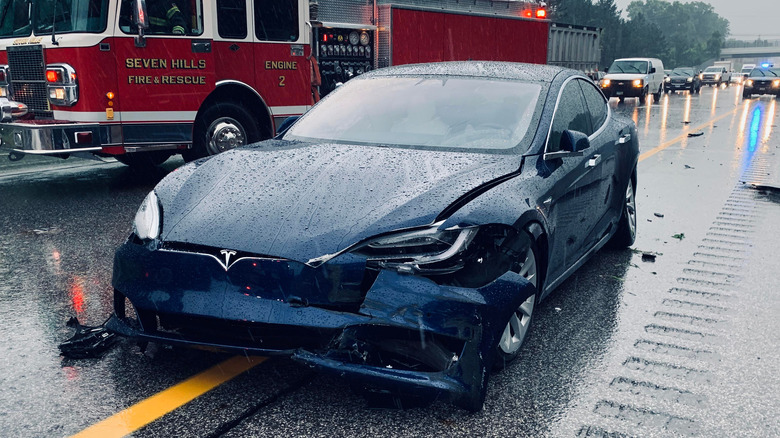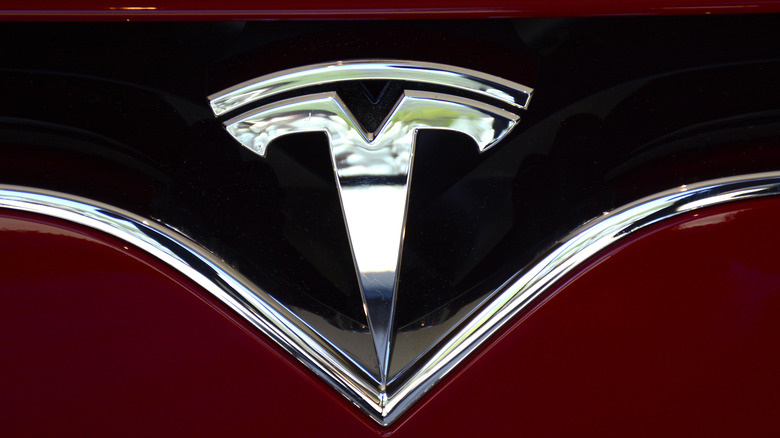Bombshell Investigation Claims Tesla Knew About Serious Car Defects For Years
Over the past couple of years, Tesla has courted a lot of heat over its Autopilot tech that has been involved in multiple fatal crashes, tall promises that even include a staged promotional video, coming up short on shipment promises, rigging the in-car range estimation system, and an insurance claim pipeline that is not particularly consumer friendly. Now, a comprehensive Reuters investigation, based on interviews with Tesla owners and company insiders, claims that the issues run much deeper. The overarching conclusion of the investigation is that Tesla knew about a bunch of mechanical issues and part quality problems for years, but instead of proactively fixing them, the company tried to blame drivers and charged them fat bills for repairs and servicing.
The report notes that "tens of thousands of Tesla owners" have had to bear the brunt of "premature failures of suspension or steering parts." Notably, Tesla made corrections selectively for some of the issues under pressure from regulatory authorities in some regions but didn't extend the same courtesy to owners in the U.S., where customers had to pay fat wads of cash from their own pockets, which could be up to $14,000 in cases related to suspension and steering-related issues.
Tesla's engineers reportedly logged these "flaws" and "failures," simultaneously analyzing data from car diagnostic systems and repair processes. However, the company allegedly took a questionable route instead of fixing them with proper disclosure. According to the report, internal documents sent to Tesla engineers globally instructed them to "tell consumers that broken parts on their cars were not faulty."
A worrisome trajectory
In scenarios where steering and suspension-related issues raised their ugly heads, of which there are hundreds of complaints, Tesla claimed that negligent use and abuse on the car owner's end caused the malfunctions. Citing internal records, the report adds that Tesla knew about reliability and material strength issues plaguing parts that are a fundamental element of suspension connections: arm controls, drive axles, and steering racks. Worryingly, power steering outages triggered scenarios where the steering wheel fell off mid-drive, leading to near-accident situations and jeopardizing the lives of people in the car.
Tesla engineers were reportedly aware of aluminum alloy suspension parts that snapped in half without the car ever running into a challenging situation that the company often classified as abuse. Also known as aft-link failures, Tesla reportedly fixed close to four hundred cases of such malfunctions in China but never declared the same publicly and sneakily redesigned the components at least four times. One Tesla employee regarded the failures as "terrifying to the customer." Tesla didn't pay heed to customer suggestions for a recall, and it was only under pressure from authorities in China that the company issued a recall directive that came four years too late.
"Tesla employed this deny-and-delay strategy as its ballooning costs of warranty repairs threatened the company's profitability," adds the report. Tesla is said to have bled a cool $263 million trying to honor under-warranty repairs and servicing for the aforementioned issues. Notably, the facts and complaints uncovered in the latest investigation haven't been quoted in customer lawsuits against Tesla in the U.S. so far. The NHTSA is also looking into the issues described in the Reuters report, opening the doors for an official investigation days after a massive recall covering close to two million cars.

